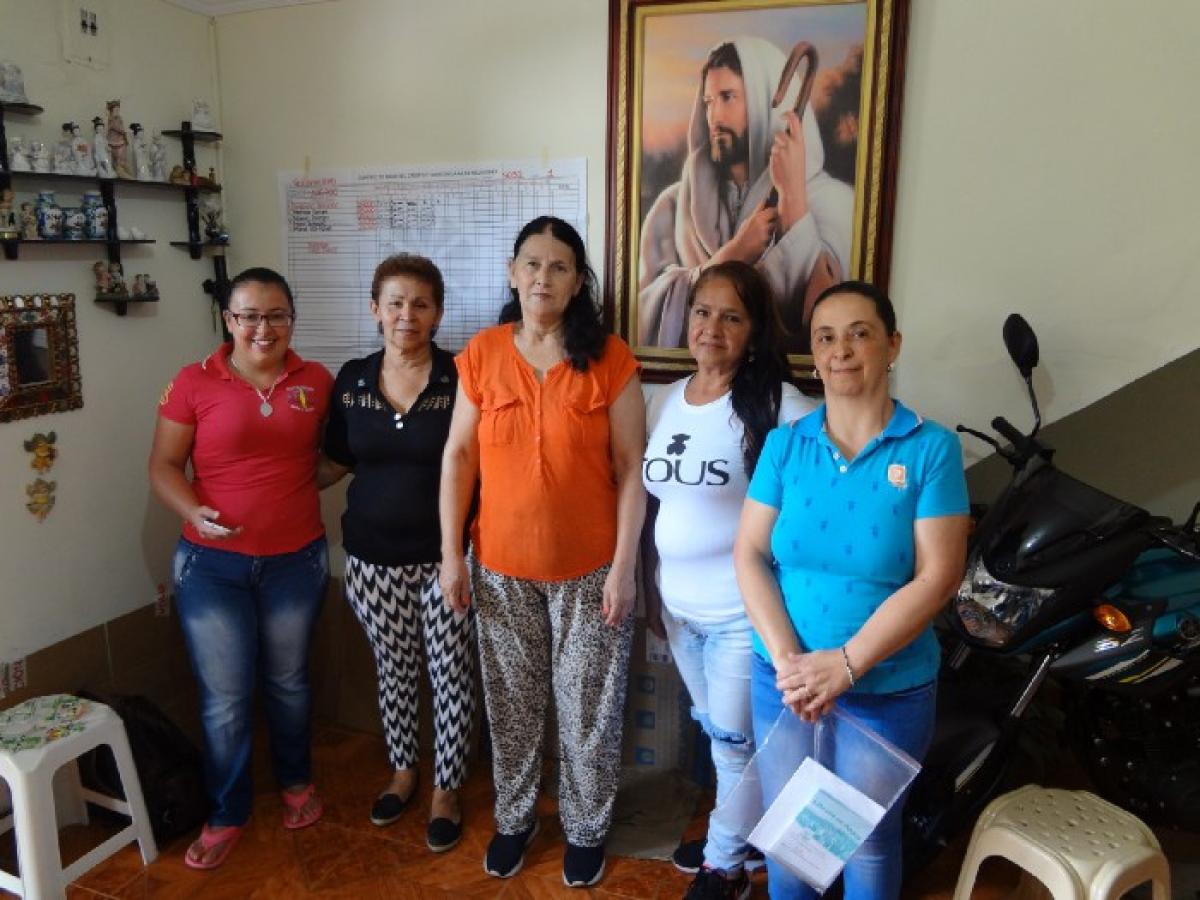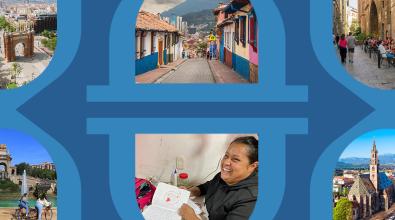Pivoting with purpose: How to change course and keep innovating

We’ve heard it said thousands of times — “You learn from your mistakes.” But if you work in the public sector and are subject to always-ready-to-pounce critics, it’s likely that you live by another axiom altogether: “It’s better to play it safe than sorry.”
The trouble is, that kind of cautious thinking stands in the way of public-sector innovation. It’s a big reason why Bloomberg Philanthropies started the Mayors Challenge: To reward city leaders for pursuing bold ideas and give them permission to stumble on the way to figuring it out. After all, innovation means trying new things; unexpected challenges are bound to arise. What we’ve found is that public-sector leaders really do learn from their mistakes when given the leeway to change course and keep trying.
All of this came to mind recently when I visited Medellín, Colombia, a winner in the 2016 Mayors Challenge for Latin America, which I help manage for the foundation.
Medellín won $1 million to develop a safe way for low-income residents to access small loans they can use to buy food, medicine, or business supplies. That’s a market that was cornered by loan sharks who charge interest rates as high as 700 percent and often resort to intimidation and violence to enforce repayment. The innovation in Medellín’s Bancuadra — or “world’s smallest bank” — is in the program’s use of community trust as collateral. In order to receive a loan, residents must form small networks with neighbors who share responsibility for repayment and hold each other accountable for doing so.
[Get the latest innovation news from Bloomberg Cities! Subscribe to SPARK.]
The project got off to a strong start, with critical support from Mayor Federico Gutiérrez and leadership from a talented project team. Residents flocked to public events, where they could sign up for the program and schedule a mandatory meeting with a loan agent for training in financial literacy and money management. By mid-2018, the city had distributed more than 9,000 loans, most of them in the $20-to-$30 range. And repayment rates hovered at a healthy 90 percent.
However, there were some cracks in the program’s foundation that became apparent over time. Repayment rates gradually dropped to a level that, if sustained over time, would lead to insolvency. By June 2018, when it became clear repayments weren’t bouncing back, the Medellín team put new loans on hold.
Oftentimes when a new program like this hits a snag, this is when you might encounter hand-wringing and an urge to pull the plug altogether. Not so in Medellín. The city’s leadership team dug in and got to work: It was time to pivot.
Their first step was to understand what was going wrong. With the help of a financial consultant, they uncovered a couple of key explanations. First, some borrowers were not comfortable using a digital app to make repayments. Second, loan agents were more focused on the volume of loans they issued than on finding borrowers who were likely to repay. These insights, though a bitter pill, were critical in understanding how to fix the repayment problem.
The Medellín team then set up a small experiment to test out several changes in the program design. In the new pilot, there’s more emphasis on face-to-face interaction with financial educators who meet with trust networks on a regular basis in their homes; loan agents have new incentives to screen borrowers; and personalized text messages using behavioral “nudges” are going out to borrowers to encourage repayment. The pilot is limited to 15 trust networks with over 90 borrowers, allowing the city team to understand what works (and what doesn’t) before investing time and money into large-scale changes.
[Read: Behavioral science is quietly revolutionizing city governments]
While in Medellín, I visited with Marta Orrego, a participant in the new pilot who hosts weekly Bancuadra meetings in her modest home, located in a bustling neighborhood high on the mountainside above Medellín’s city center. Marta’s living room is jammed with motorbikes — she rents the space to neighbors who don’t want their vehicles to get stolen on the street. All four of the women in Marta’s trust network support their families by running these kinds of small, informal businesses; others sell ice cream and candy from their homes. They used to borrow from loan sharks to get money for groceries and supplies and are grateful to now have a safe and affordable option. Marta says the loans help her pay utility bills to keep her bike storage business going.
While I was in Marta’s home, a loan agent led a lesson with the group about the importance of household budgeting and money management. The agent also ensured that the network had made their weekly repayment and registered it on a paper log hanging on Marta’s wall. The women were proud of their perfect repayment rate. They’re also showing that using trust as collateral can work. When one member of the network was unable to pay her weekly installment, her neighbors covered her portion.
It’s still early, but there’s signs that Medellín’s pivot is working. Among the loans issued through the new pilot, the repayment rate is a healthy 97 percent. The city team is taking stock of what they’re learning and making adjustments to the overall program based on their latest insights on what’s working.
While it will be months before the outcome is clear, there are a few lessons all cities can take away from how Medellín approached its pivot.
- First: It’s OK to pause a program when something’s not working. Dig in to understand what went wrong and address each of those things individually. Take your time. Rushing to fix a mistake is not the same thing as learning from a mistake.
- Second: A positive attitude is important. The Medellín team did not dwell on disappointment about the first iteration of Bancuadra not going as planned. Rather, they approached their pivot energized and eager to fix the problems.
- Third: Political buy-in is important. Mayor Gutiérrez continues to be a champion of the project, as are the key secretaries, who are committed to the program. They’ve been instrumental in attracting private-sector investment in the program and political support for institutionalizing Bancuadra as a permanent program in the city of Medellín.
When you’re moving a never-been-done-before idea from paper to practice, mistakes are bound to happen. What Medellín shows is that it’s not the mistakes that matter but how you respond to them. That’s a critical lesson in how innovation happens that public-sector leaders everywhere can learn from.



